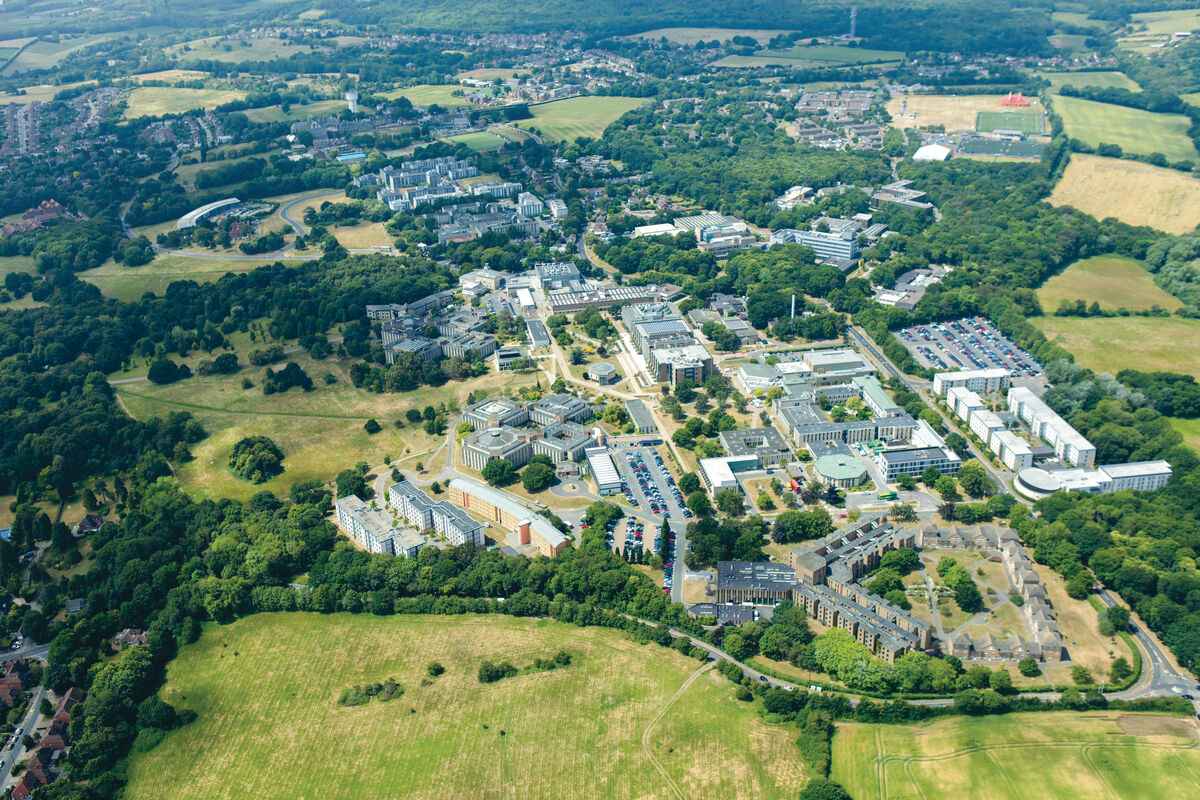‘Through these awards, the University seeks to recognise and to showcase the research and innovation achievements of our staff, and to celebrate their hard work and their successes’
Professor Shane Weller, Pro VC Research and Innovation, Research and Innovation Awards Event, Summer 2022.
We are delighted to formally announce the winners of the 2022 Research and Innovation Prizes. We would like to thank all the nominees and recognise the tremendous work being carried out across the University. A huge congratulations to all our winners and those highly commended.
The University’s Research and Innovation Prizes 2022 are designed to celebrate the achievements of academic, professional services and technician staff across a range of areas.
The prizes in particular highlight activities that have had a transformative effect, creating new knowledge, benefiting a particular community, and supporting others in the research and innovation ecosystem.
Starting Research Prize, Winner: Dr Nikhil Sengupta
 Nikhil’s research broadly investigates people’s attitudes towards the society in which they live, how these attitudes develop and change over time, and how they motivate social and political behaviour. This includes people’s thoughts and feelings about their own circumstances, their fellow citizens, leaders, institutions, and government. Nikhil has examined these themes using large-scale longitudinal surveys across several countries. Most recently, Nikhil won an ERC Starting Grant to conduct largescale longitudinal research on social and political attitudes across the UK, over a five-year period.
Nikhil’s research broadly investigates people’s attitudes towards the society in which they live, how these attitudes develop and change over time, and how they motivate social and political behaviour. This includes people’s thoughts and feelings about their own circumstances, their fellow citizens, leaders, institutions, and government. Nikhil has examined these themes using large-scale longitudinal surveys across several countries. Most recently, Nikhil won an ERC Starting Grant to conduct largescale longitudinal research on social and political attitudes across the UK, over a five-year period.
Starting Research Prize, Highly commended: Dr Wenjing Zhang
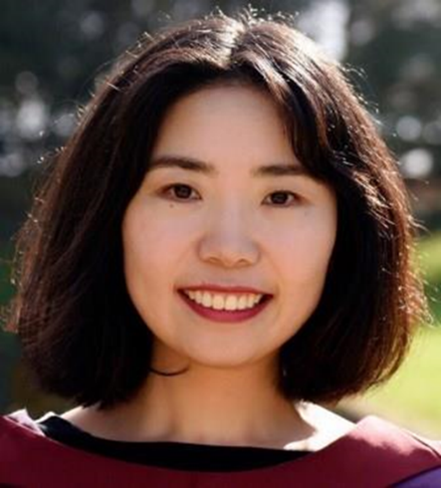
Wenjing is a Research Fellow at the Centre for Health Services Studies. Her research expertise and interests focus on social care, ageing and international and comparative social policy. She has worked on a diverse range of policy- and practice-oriented research projects. For example, Wenjing is leading an NIHR School for Social Care Research (SSCR) funded coproduction project on Better Care Moves for Older People. Her developing research profile demonstrates outstanding academic skills and a clear commitment to collaborative working with stakeholders including social care practitioners, service users and carers. For example, Wenjing is also a Researcher in Residence for Kent Research Partnership; in this role, she supports practitioners at Kent County Council and the wider social care workforce to build research capacity and novel practitioner-led social care research.
Consolidator Research Prize, Winner: Dr Lois Lee
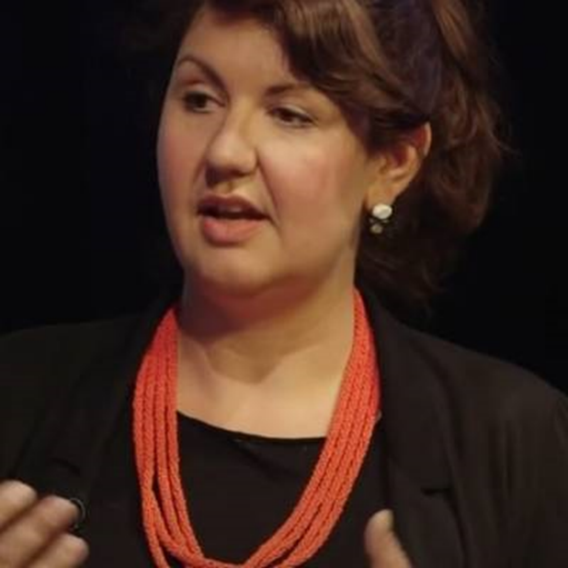
Lois’ research interests centre on the nature of the existential in modernity, with an empirical focus on non-theist and nonreligious populations. Her research explores egalitarian conceptual approaches to religion (such as ‘worldview’, or her own concept of ‘existential culture’); secularisation and other theories of religious change; and socio-political approaches to religion and existential culture, including political secularism and pluralism. She has helped establish social scientific research into the nature and significance of nonreligious identity, worldview and experience around the world, leading landmark research programmes, including Understanding Unbelief (2017-2021), which investigated atheism, agnosticism and other forms of so-called unbelief around the world, and Explaining Atheism (2022-2024), which revisits the question of why individuals and societies become atheist, in light of UU and other work that is transforming what we think atheism is. She engages normatively as well as scientifically with questions around the role of religious and nonreligious existential culture in public life.
Consolidator Research Prize, Highly commended: Professor Aleksandra Cichocka
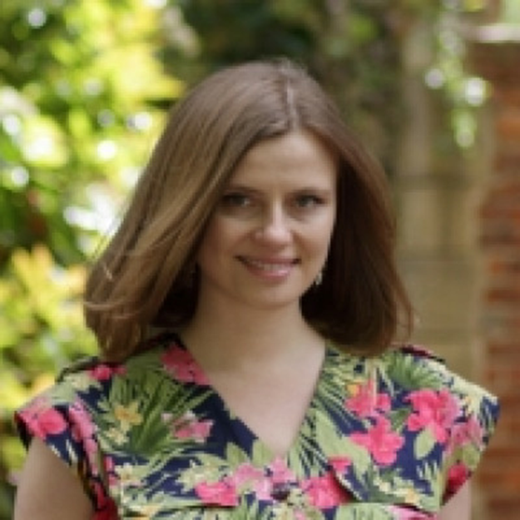 Aleksandra works primarily in the area of political psychology. She investigates how the ways individuals feel about themselves and the social groups they belong to affect their political attitudes and behaviours.
Aleksandra works primarily in the area of political psychology. She investigates how the ways individuals feel about themselves and the social groups they belong to affect their political attitudes and behaviours.
In one line of work, she investigates links between narcissism and various political attitudes, including ideology, conspiracy beliefs and support for democracy. She is also interested in the dynamics of self-worth. In another line of research, she focuses on collective narcissism—a defensive group identification, characterized by an emotional investment in an unrealistically positive image of the in-group. Aleksandra examines political and social consequences of collective narcissism, as well as factors that contribute to strengthening this form of in-group identification.
Consolidator Research Prize, Highly commended: Dr Jennifer Leigh
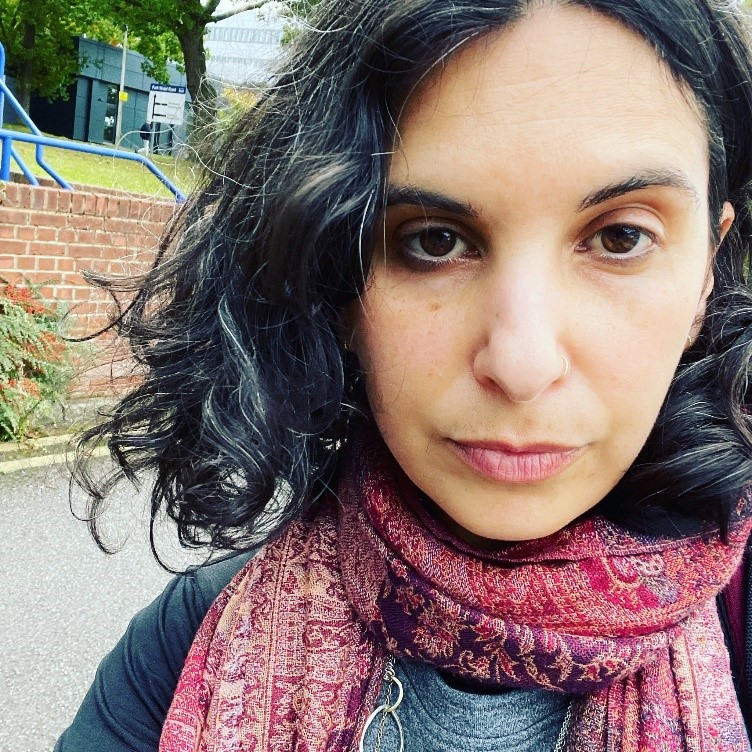 Jennifer’s research interests centre around embodied experience, such as how innovative and creative research methods can add depth, richness, honesty, and emotion, and facilitate reflection into lived experiences in different contexts. She is interested in the boundaries between research, therapy, art and science. She explores intersectional experiences of marginalisation due to factors such as gender and ableism, and leads research for the International Women in Supramolecular Chemistry network.
Jennifer’s research interests centre around embodied experience, such as how innovative and creative research methods can add depth, richness, honesty, and emotion, and facilitate reflection into lived experiences in different contexts. She is interested in the boundaries between research, therapy, art and science. She explores intersectional experiences of marginalisation due to factors such as gender and ableism, and leads research for the International Women in Supramolecular Chemistry network.
Advanced Research Prize, Winner: Professor Karen Douglas
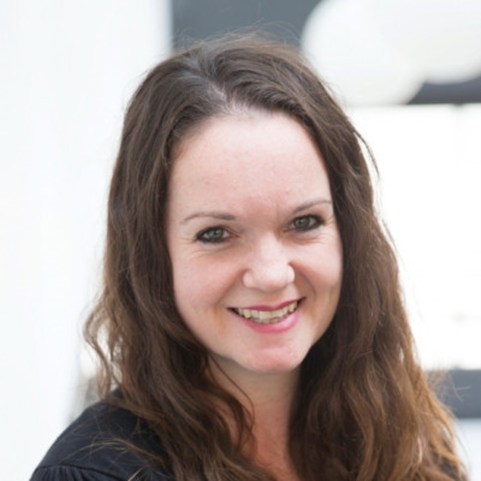 Karen studies the psychology of conspiracy theories. Her research examines why conspiracy theories appeal to so many people, and the consequences of conspiracy theories for individuals, groups, and societies.
Karen studies the psychology of conspiracy theories. Her research examines why conspiracy theories appeal to so many people, and the consequences of conspiracy theories for individuals, groups, and societies.
Advanced Research Prize, Winner: Professor Ann-Marie Towers

Ann-Marie is a Professor of Social Care. Her work focuses on improving the quality and outcomes of adult social care and the translation of research into evidence-based practice. She leads the Kent Research Partnership, one of six adult social care research capacity building partnerships in England and a programme of work to develop and support the use of the Adult Social Care Outcomes Toolkit (ASCOT). ASCOT is used internationally to measure the impact of social care on quality of life. Ann-Marie is particularly interested in how we might employ qualitative methods, such as observations, supported interviewing techniques and forms of adapted communication, to try and ascertain the views and experiences of care home residents and people with cognitive and communication difficulties.
Advanced Research Prize, Highly commended: Professor Heejung Chung
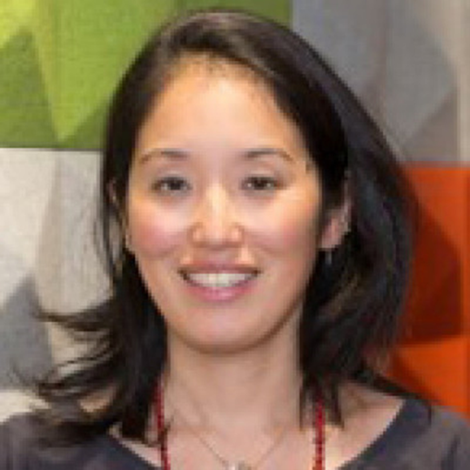 Professor Chung’s interest lies in examining different labour market patterns and outcomes across European welfare states. Most recently, she has been exploring the impact of flexible working and home/hybrid working on worker’s well-being, work-life balance and gender equality both at home and in the labour market. Her most recently published book is ‘The Flexibility Paradox: why flexible working leads to (self-)exploitation’ published by Policy Press (2022).
Professor Chung’s interest lies in examining different labour market patterns and outcomes across European welfare states. Most recently, she has been exploring the impact of flexible working and home/hybrid working on worker’s well-being, work-life balance and gender equality both at home and in the labour market. Her most recently published book is ‘The Flexibility Paradox: why flexible working leads to (self-)exploitation’ published by Policy Press (2022).
Advanced Research Prize, Highly commended: Professor Mark Wass and
Professor Martin Michaelis
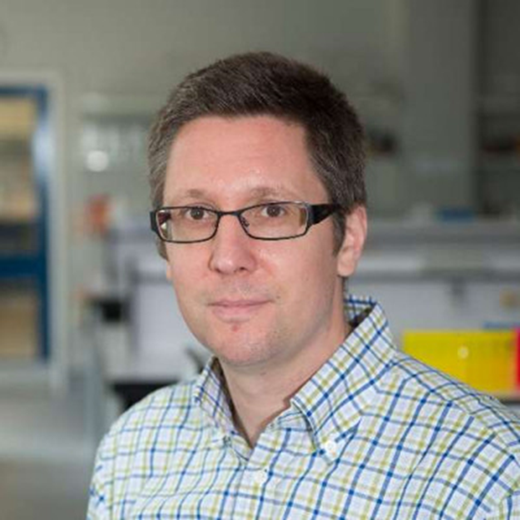

The research of Professor Michaelis is focused on the identification and investigation of drugs and their mechanisms of action. The primary interest lies on acquired drug resistance in cancer. In collaboration with Professor Jindrich Cinatl (Goethe-University, Frankfurt am Main), he manages and develops the Resistant Cancer Cell Line (RCCL) Collection, a unique collection of >1,300 cancer cell lines with acquired resistance to anti-cancer drugs. In addition, Professor Michaelis is interested in virulence mechanisms and therapeutic targets in viruses and in meta-research that investigates research practices in the life sciences.
Mark’s research focusses in two main areas. The first is the development of novel computational methods for the analysis of large scale biological data, particularly methods for the prediction of protein structure, function and interactions. The second area is the application of such methods to address important biological problems. These cover the association of genetic variation with human disease, investigating mechanisms and biomarkers of acquired resistance to anti-cancer drugs and also identifying determinants of pathogenicity in viruses.
Early Career Researcher involved in Knowledge Exchange Prize Winner: Dr Michael Wilde
 Michael works mainly in epistemology and the philosophy of science. His recent research develops a theory of evidence to help understand how causal claims are established in medicine.
Michael works mainly in epistemology and the philosophy of science. His recent research develops a theory of evidence to help understand how causal claims are established in medicine.
Knowledge Exchange Collaboration Prize
This awards recognises an academic’s impactful collaboration with a business. Nominees will need to demonstrate the impact the collaboration has had on themselves as well as the businesses involved in the collaboration.
Knowledge Exchange Collaboration Prize Winner: Dr Anna Brown
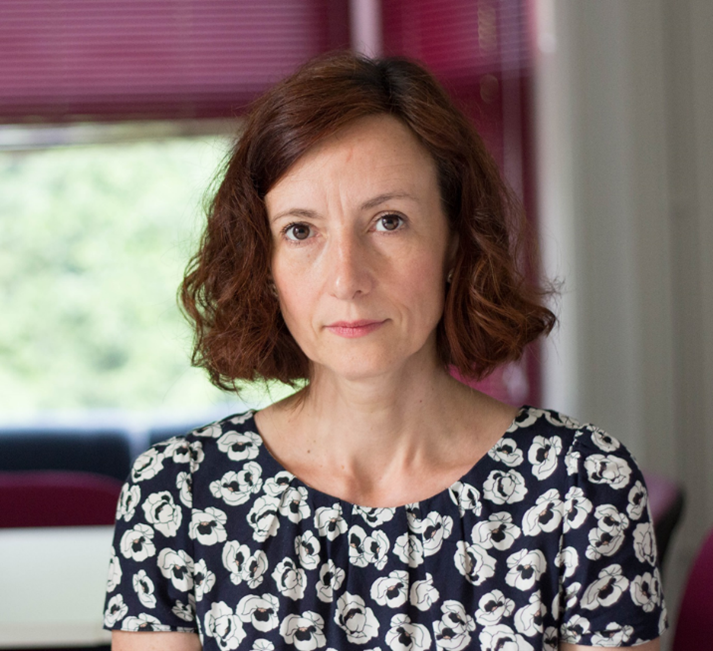 Dr Anna Brown is a psychometrician with an established reputation and extensive industry experience, currently teaching Psychological Methods and Statistics at the School of Psychology. Previously, she taught short courses in Applied Psychometrics at the University of Cambridge. Her experiences outside of academia included research and test development at the Research Division of the UK largest occupational test publisher SHL Group, where she held senior and principal psychometrician positions for many years.
Dr Anna Brown is a psychometrician with an established reputation and extensive industry experience, currently teaching Psychological Methods and Statistics at the School of Psychology. Previously, she taught short courses in Applied Psychometrics at the University of Cambridge. Her experiences outside of academia included research and test development at the Research Division of the UK largest occupational test publisher SHL Group, where she held senior and principal psychometrician positions for many years.
Anna completed a 5-year Master’s programme in Mathematics with distinction and a Ph.D. in Psychology with distinction. Her Ph.D. research led to the development of the Thurstonian Item Response Theory (TIRT) model described as a breakthrough in scoring of ‘ipsative’ (relative-to-self) questionnaires, and received the prestigious “Best Dissertation” award from the Psychometric Society for 2010. Further advances in this methodology made by Dr Brown enabled the development of novel personality assessment tools that are resistant to response biases and ‘faking good’ by candidates. Multiple world-leading test publishers and organisations, including SHL and Korn Ferry, incorporated this methodology into over five million individual psychological assessments that have taken place in 37 different languages, across 40 different countries since August 2013.
Currently, Anna’s research focuses on psychological measurement and psychometric testing, particularly issues in test validity and test fairness. She specialises in modelling of complex survey and longitudinal data, measurement invariance, multidimensional item response theory, test optimisation, and modelling response processes contributing to response biases and impression management. She has extensive experience in designing, developing and implementing psychometric testing solutions in the workplace, health settings and education, and provides psychometric advice to several organisations in the private and public sectors internationally.
Anna has published widely, including 45 peer-reviewed journal articles, 5 book chapters and 4 psychometric tests. Her publications have been cited over 2,800 times. She served as an elected member on the Council of the International Test Commission (ITC) for 8 years, chairing its Research and Guidelines Committee. In this role, Anna facilitated publication and translation of ITC guidelines aiming to improve testing standards internationally. She also serves as a member of the editorial Board of the International Journal of Testing, and as an ad-hoc reviewer for countless journals in the field of psychological testing.
Technician of the Year Prize
Technician staff must have excelled in their role and be able to demonstrate, through their activities and achievements, how they have positively impacted, transformed and supported research and innovation culture at the university.
Technician of the Year Prize Winner: Frank Gasking
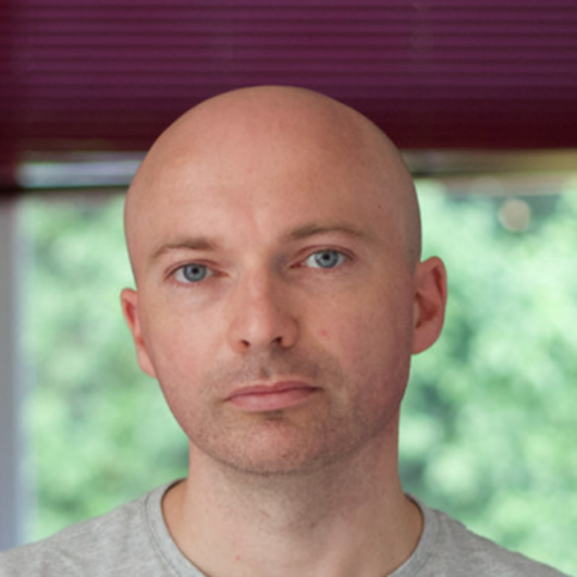 Frank is a Senior Technical Specialist (Developer) within the HSS Technical Team, and enjoys working within a great team supporting both staff and students with the design and development of experiments, applications and games for lab and online based studies. As well as development, Frank also helps to teach and train staff and students on how to program and build experiments using the open source PsychoPy, attempting to share knowledge and empower where possible.
Frank is a Senior Technical Specialist (Developer) within the HSS Technical Team, and enjoys working within a great team supporting both staff and students with the design and development of experiments, applications and games for lab and online based studies. As well as development, Frank also helps to teach and train staff and students on how to program and build experiments using the open source PsychoPy, attempting to share knowledge and empower where possible.
Professional Services Support of the Year Prize
Professional services staff must have excelled in their role and be able to demonstrate, through their activities and achievements, how they have positively impacted, transformed and supported research and innovation culture at the university.
Professional Services Support of the Year Prize Winner: Jacqueline Aldridge
Jacqueline has worked within higher education since 2004 in a range of research support roles, helping academic colleagues with their research and innovation funding bids as well as with Research Excellence Framework submissions and developing departmental processes that support research. She currently works as a consultant in this area with a variety of clients, including the University of Kent. she is also lead author of ‘The Research Funding Toolkit’ (Sage 2012), a best-selling title on grant-writing and which she is also in the process of preparing a second edition of.
Professional Services Support of the Year Prize Highly commended: Chris Barton
 As Grants & Contracts Officer, Chris support schools with the accurate costing and submission of applications for external research funding, negotiating and setting up of grant agreements and contracts, and providing ongoing support and advice through the lifetime of research projects.
As Grants & Contracts Officer, Chris support schools with the accurate costing and submission of applications for external research funding, negotiating and setting up of grant agreements and contracts, and providing ongoing support and advice through the lifetime of research projects.
Chris graduated from the Durrell Institute of Conservation and Ecology (DICE) at Kent in 2006, before completing his MSc and PhD in the Department of Life Sciences at Imperial College, London. In between, Chris worked in various funding and support roles in local government and further education institutions. He continues to contribute to peer-reviewed academic research in various fields, conducting quantitative data analysis on a freelance basis.
2022 Kent Research and Innovation Community Prize
The staff member must have excelled in their role and be able to demonstrate, through their activities and achievements, how they have positively impacted, transformed and promoted the research and innovation community at the University, and where possible outside of academia.
2022 Kent Research and Innovation Community Prize Two Winners: Dr Lindsey Cameron and Dr Hannah Swift
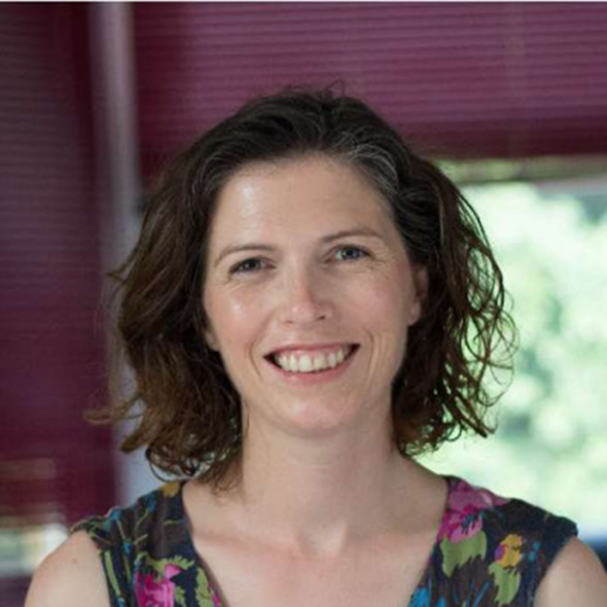 Lindsey is interested in how children become ‘social beings’: how do children develop the social knowledge and skills that we have as adults take for granted? Specifically, she is interested in how inter-group processes develop throughout childhood. Her research interests are as follows:
Lindsey is interested in how children become ‘social beings’: how do children develop the social knowledge and skills that we have as adults take for granted? Specifically, she is interested in how inter-group processes develop throughout childhood. Her research interests are as follows:
- The development of inter-group attitudes in children and the role of social norms, self-presentation, cognitive development and in-group identification in determining these attitudes
- The development of school-based interventions to change children’s inter-group attitudes
- Inter-group contact (direct and indirect) and novel interventions based on this approach
- Measuring the impact of intercultural education interventions on attitudes, stereotypes, cultural awareness and knowledge
- Acculturation in childhood
- The experience of prejudice and discrimination, and its consequences for social development
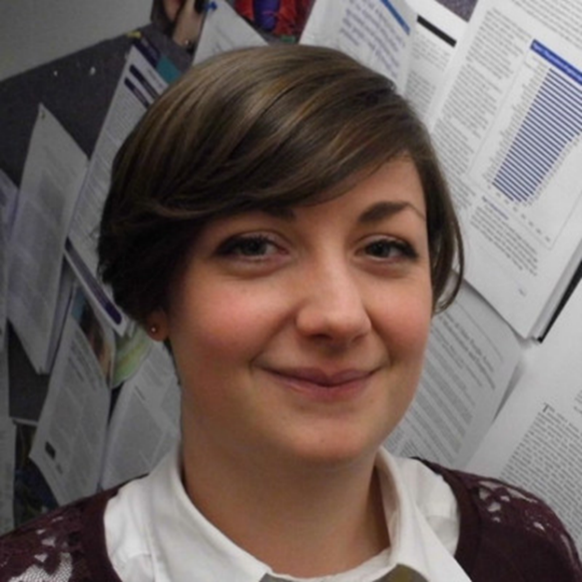 Hannah uses a range of (mostly quantitative) research methods to investigate processes of ageism, people’s attitudes to age and the effects of age stereotypes, which have important practical and policy implications. She uses experimental research methods to investigate the detrimental impact of age stereotypes that denote older people as incompetent on (a) older people’s cognitive and physical functioning and (b) decision making processes, such as hiring.
Hannah uses a range of (mostly quantitative) research methods to investigate processes of ageism, people’s attitudes to age and the effects of age stereotypes, which have important practical and policy implications. She uses experimental research methods to investigate the detrimental impact of age stereotypes that denote older people as incompetent on (a) older people’s cognitive and physical functioning and (b) decision making processes, such as hiring.
2022 Kent Research and Innovation Community Prize Highly commended: Professor Zaki Wahhaj
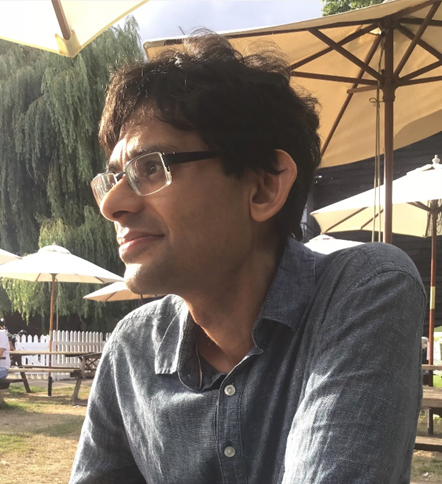 Dr Wahhaj is a Reader in Economics and Co-Director of the Development Economics Research Centre at Kent (DeReCK). He obtained a PhD in Economics from the Massachusetts Institute of Technology and a BSc in Economics and Mathematics from Yale University. His research expertise is in Development Economics with recent work focused on social norms and decision-making within households, including topics related to microfinance, digital finance, rural insurance, village institutions, early marriage, female education, employment and migration. His regional expertise covers South Asia and West Africa, with recent work on Bangladesh, India, Pakistan, Indonesia, Ghana and Burkina Faso. He is also the co-founder of the Initiative for Education, Gender, and Growth Research in Asia, an online forum aimed at communicating research findings on these issues to policymakers and other stakeholders.
Dr Wahhaj is a Reader in Economics and Co-Director of the Development Economics Research Centre at Kent (DeReCK). He obtained a PhD in Economics from the Massachusetts Institute of Technology and a BSc in Economics and Mathematics from Yale University. His research expertise is in Development Economics with recent work focused on social norms and decision-making within households, including topics related to microfinance, digital finance, rural insurance, village institutions, early marriage, female education, employment and migration. His regional expertise covers South Asia and West Africa, with recent work on Bangladesh, India, Pakistan, Indonesia, Ghana and Burkina Faso. He is also the co-founder of the Initiative for Education, Gender, and Growth Research in Asia, an online forum aimed at communicating research findings on these issues to policymakers and other stakeholders.
Collaborative Research Prize
The research must have included strong elements of public engagement with research, involving high-quality public stakeholder engagement at any stage of the research, and have been of significant and far-reaching benefit to stakeholders beyond academia.
Collaborative Research Prize Winner: The Kent Biosensors Group
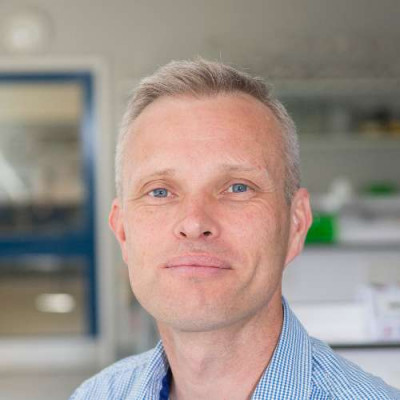
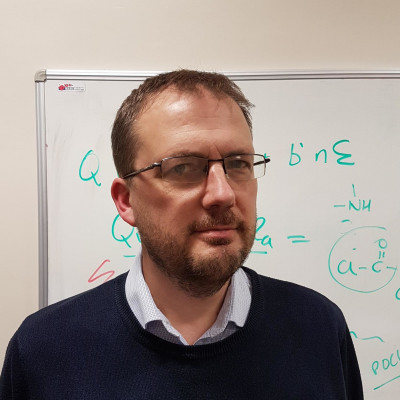
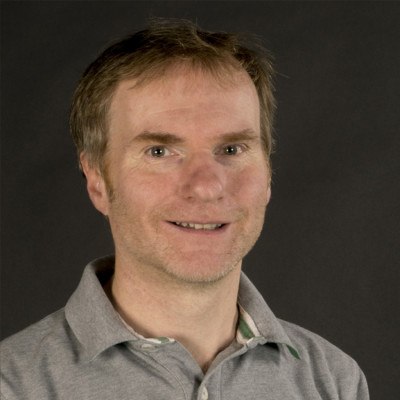
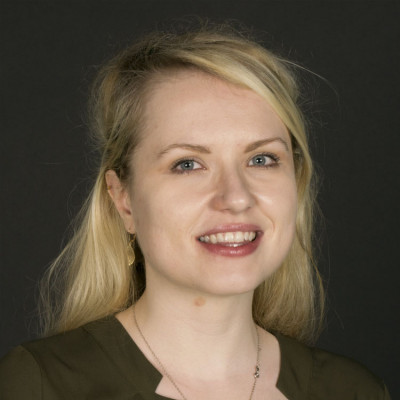 The Kent Biosensors group (Dr Campbell Gourlay, Professor Simon Holder, Professor John Batchelor, Dr Viktorija Makarovaite, Dr Aaron Hillier) represents one of the university’s most impactful cross-disciplinary collaborative networks. It has been operating since 2015 and includes academics from NATS (Biosciences [Gourlay] and Chemistry [Holder, Hillier]) and CEMS (Engineering [Batchelor, Makarovaite]). The group’s work focuses on understanding and controlling microbial growth on surfaces and in particular on medical implants. Microbial fouling of plastic materials in the human body, for example in the form of voice prostheses used by throat cancer patients or of widely used tracheostomy tubing, is a significant medical problem that affects the quality of life of patients, creates a need for additional medical interventions as fouled plastic items need to be replaced, and increases work burden and cost for the medical providers like the NHS.
The Kent Biosensors group (Dr Campbell Gourlay, Professor Simon Holder, Professor John Batchelor, Dr Viktorija Makarovaite, Dr Aaron Hillier) represents one of the university’s most impactful cross-disciplinary collaborative networks. It has been operating since 2015 and includes academics from NATS (Biosciences [Gourlay] and Chemistry [Holder, Hillier]) and CEMS (Engineering [Batchelor, Makarovaite]). The group’s work focuses on understanding and controlling microbial growth on surfaces and in particular on medical implants. Microbial fouling of plastic materials in the human body, for example in the form of voice prostheses used by throat cancer patients or of widely used tracheostomy tubing, is a significant medical problem that affects the quality of life of patients, creates a need for additional medical interventions as fouled plastic items need to be replaced, and increases work burden and cost for the medical providers like the NHS.
The Biosensors group have developed a very strong track record in the area of early detection and prevention of microbial growth on medical implants. In collaboration with the local NHS Trusts the group have developed new treatment protocols used to control microbial growth-related early failure of voice prostheses (described as “game changers” by patients) and have led new technology developments for infection control and for early detection of biofilms on wounds and medical implants. The group maintains active academic collaborations with national and international institutions including the University of Manchester, Roma tor Vergata, and Georgia Tech. Their work has attracted funding in excess of £600k from BBSRC, EPSRC, the Kent Cancer Trust, and a KTP. The team is exemplary in its involvement of academic staff from all career stages, all of whom are involved as co-authors on publications from the group (seven research publications and one patent to date). They also make strong efforts to engage the wider public and to promote the University of Kent as a place where positive impact is generated with a benefit to wider society (the team have given public lectures, talks at local schools, and have participated in the Folkstone Triennial 2017, the Canterbury festival, British Science week, Future of Energy Summit, Women in Engineering talks and outreach events, a KMTV documentary and a piece on regional BBC News).
Collaborative Research Prize: Highly commended – Dr Nick Gore, Dr Suzi Sapiets, Dr Peter Baker, Dr Jill Bradshaw
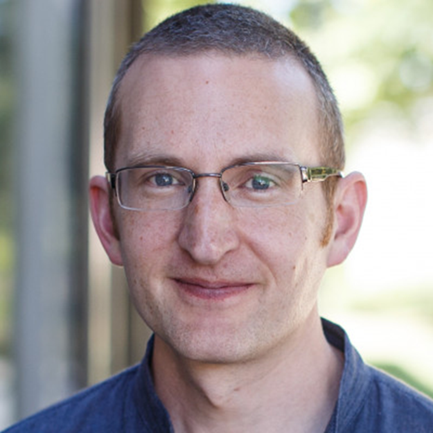


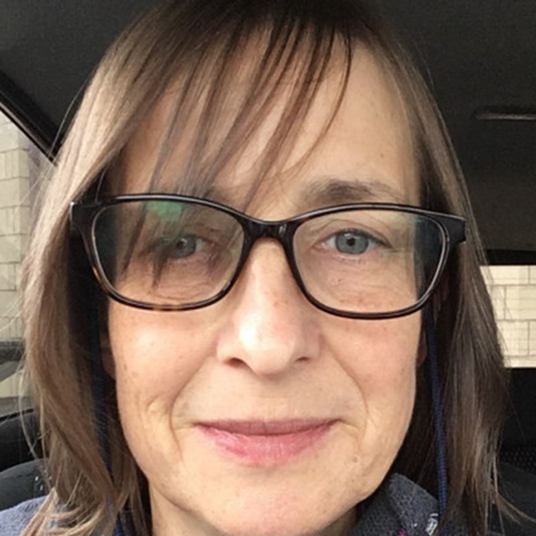
Dr Nick Gore is a clinical psychologist and behavioural scientist based at Tizard Centre University of Kent. Nick’s clinical and research work focuses on systems and interventions that promote good lives for people with learning disabilities and those who care for and support them. He works closely with people with learning disabilities, families and professionals, to conduct and use research, carry out clinical work and to develop practical resources and guidance. Nick has a special interest in Positive Behavioural Support and has recently worked as part of a team of 24 diverse contributors to co-develop an updated definition of PBS for publication in 2022. Nick is committed to continuing to work in partnership across PBS communities to develop additional resources and research that support integration of the values, theories and technologies of a PBS framework in practice.
Dr Peter Baker’s research interests lay on Applied Behavioural Analysis, Positive Behavioural Support. Currently he is focused on emotional wellbeing of both family members and staff. Dr Baker is a member of the project management group at the Sharland Foundation Developmental Disabilities ABA Research and Impact Network (SF-DDARIN).
Peter is the principal investigator of the SSCR funded project looking at the feasibility of the application of Critical Incident Stress Management in adult social care services with a particular focus on post incident support. In addition he is active in bringing a focus on the role professionals have in traumatising family members of people with intellectual and developmental disabilities.
Dr Jill Bradshaw research interests among others include Communication and people with intellectual and developmental disabilities and Staff Culture in Services . She is the academic lead on the very popular Understanding Autism MOOC which has had over 200000 learners since it started in 2017. Dr Bradshaw co-produced this course with autistic adults. This year, Dr Bradshaw has co-produced four Expert Tracks on Autism; Learning about Autism from Autistic People, Education, Health, Social Policy and the Law.
Dr Suzi Sapiets recently completed her PhD at the University of Warwick, researching access to early support for children with developmental disabilities and their families, from recognition and identification of need, through to the provision of support from services across education, health, social care, and other service systems. She is currently a Postdoctoral Research Associate with the Sharland Foundation Research and Impact Network, working on a range of research projects that aim to improve quality of life for people with intellectual and developmental disabilities, their families, and those that support them.
Public Engagement with Research Prize
The research must have included strong elements of public engagement with research, involving quality public stakeholder engagement at any stage of the research, that has been of significant and far-reaching benefit to, stakeholders beyond academia.
Public Engagement with Research Prize Winners: Generation Genome Production Team
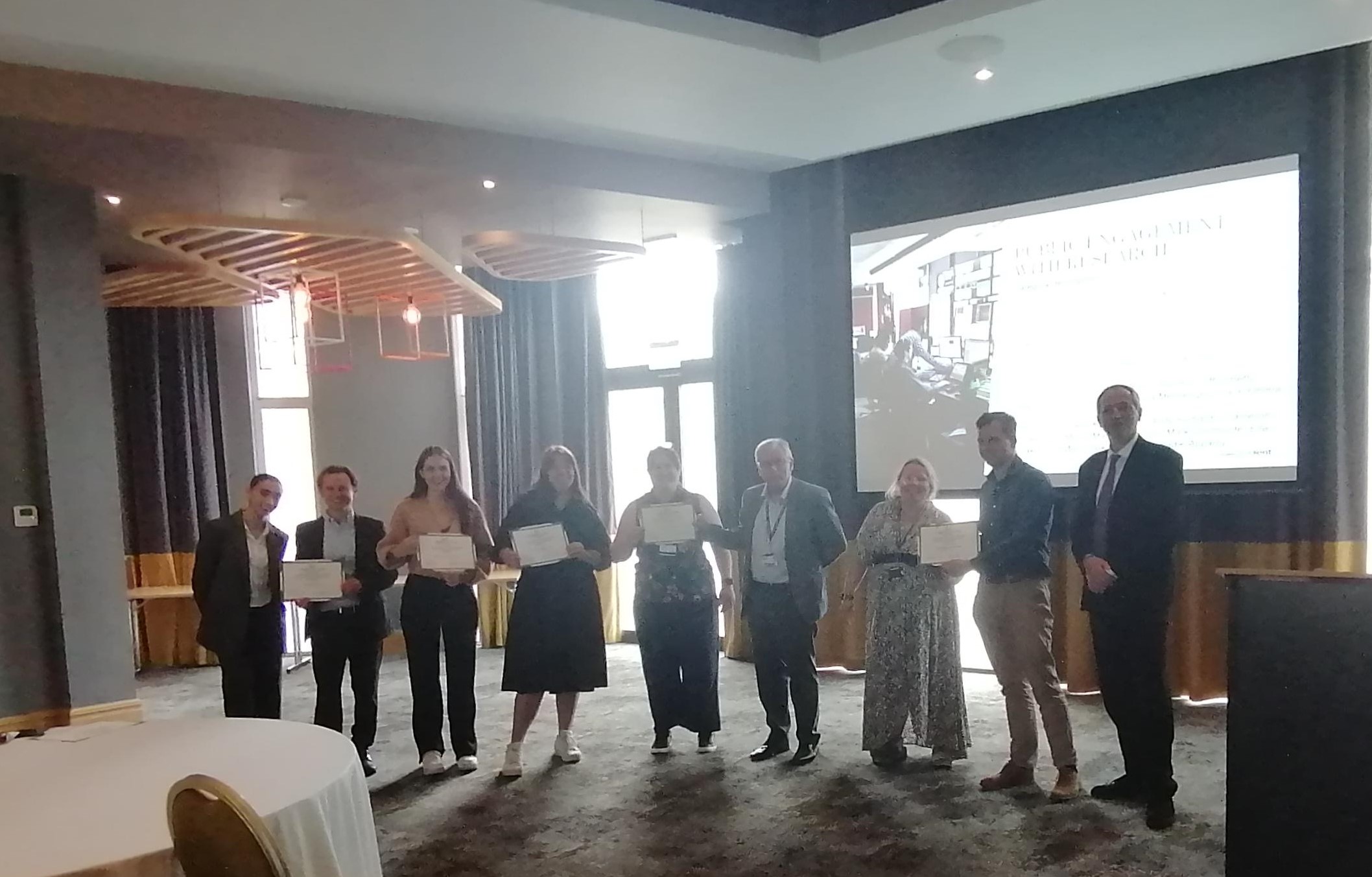 The production team (University of Kent: Professor Darren Griffin, Jill Hurst, Gemma Hunt, Betty Woessner, Jessica Messenger, Claire Perera, David Powell, Ian Reeves, and KMTV: Andy Richards, Cameron Tucker, Izzy Miller, Mariam Yacoub, Mark Simmonite, Ella Craker, Phil Wellbrook, Viv Oliver, Sadie Appleby) collaborated with hundreds of young people and teaching professionals at schools from across the UK including Bradford, Manchester, Dorset and Kent’s own Brompton Academy. Just twenty per-cent of this demographic had visited a science museum or taken part in an outreach activity in the year before the pandemic and this has fallen dramatically further since the onset of COVID-19. In six action-packed television episodes, Generation Genome takes its young audience on a thrilling exploration of cutting edge science, placing them at the centre of a debate about genetics & genomic health and the impact it will have on their future lives.
The production team (University of Kent: Professor Darren Griffin, Jill Hurst, Gemma Hunt, Betty Woessner, Jessica Messenger, Claire Perera, David Powell, Ian Reeves, and KMTV: Andy Richards, Cameron Tucker, Izzy Miller, Mariam Yacoub, Mark Simmonite, Ella Craker, Phil Wellbrook, Viv Oliver, Sadie Appleby) collaborated with hundreds of young people and teaching professionals at schools from across the UK including Bradford, Manchester, Dorset and Kent’s own Brompton Academy. Just twenty per-cent of this demographic had visited a science museum or taken part in an outreach activity in the year before the pandemic and this has fallen dramatically further since the onset of COVID-19. In six action-packed television episodes, Generation Genome takes its young audience on a thrilling exploration of cutting edge science, placing them at the centre of a debate about genetics & genomic health and the impact it will have on their future lives.
Co-production and public engagement with research were at the heart of Generation Genome and led to a successful bid to the British Film Institute to form a previously unprecedented partnership with a University and local television station. Its multidisciplinary production team included experts from Natural Sciences, Research Impact & Engagement, Outreach & Widening Participation, Policy & Finance and Television & Content Production.
